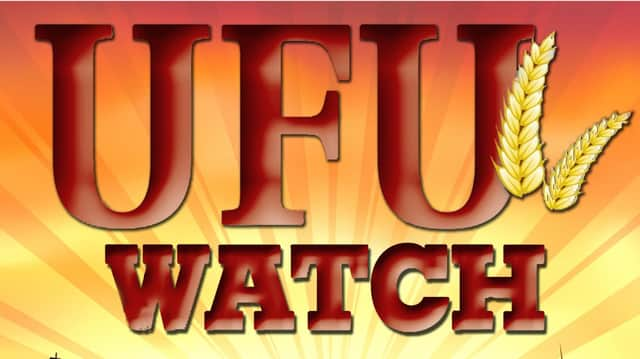CAP negotiators reach provisional agreement


On 28 June, the EU’s agriculture ministers in the Agriculture and Fisheries Council meeting confirmed their approval of the agreed reform.
Following the summer break the agreement will be formally approved by the European Parliament. Green MEPs said that the agreement didn’t go far enough in securing environmental standards, and that they would oppose it during the final plenary vote.
The provisional agreement states that:
Advertisement
Advertisement
- Member States must ring-fence 25 percent of pillar one (direct payment budget) for eco-schemes, with a minimum floor of 20 percent in 2023 and 2024. and 35 percent of pillar two funds for environmental spending.
- Introduction of a “social conditionality” mechanism which will link direct payments for farmers with complying with workers’ rights. The proposal is voluntarily from 2023 and mandatory from 2025.
- Internal convergence: all per hectare direct payments within MS must reach a minimum level of 85 percent of the average value by 2026 at the latest.
- Redistributive payments: Minimum 10 percent of direct payments allocated as complementary income support for small and medium-sized farms or instead implement a mechanism to progressively reduce payments to farmers above €60 000 (by up to 85 percent) and cap direct payments at €100,000 (voluntary).
Advertisement
Advertisement
If the capping mechanism is introduced then businesses can deduct 50 percent of agriculture-related salaries, taxes & social contribution from the total amount before reduction.
- An agricultural reserve will be introduced to fund market measures in times of crises, with an annual budget of at least €450 million (in current prices).
- Young farmers: minimum of three percent ring-fenced under pillar one dedicated to young farmer investment.
GAEC four – Establishment of buffer strips along water courses with a minimum width of 3m.
Glyphosate takes first step towards EU licence renewal
Advertisement
Advertisement
The European Chemicals Agency (ECHA) and the European Food Safety Authority (EFSA) have received a draft assessment of glyphosate carried out by four EU Member States (France, Hungary, Sweden and the Netherlands) which concludes that glyphosate “meets the approval criteria for human health” and re-approval “as an active substance to be used in plant protection products”.
The assessment does recommend more conservative reference values for use in risk assessments for human health, and says the eco-toxicological information available indicates it should continue to be considered toxic to aquatic life with long-lasting effects. ECHA and EFSA will both organise public consultations on the draft report, to be launched in September.
EFSA will carry out a peer review and ECHA’s Risk Assessment Committee will review glyphosate’s safety classification by March 2022. The European Commission will then prepare a proposal on whether or not to renew the authorisation which will be subject to approval by member states.
Glyphosate is currently authorised for use in the EU until 15 December 2022.